Why Do We Feel Lonely? Uncovering the Psychological and Social Roots of the Problem
Muhe - Saturday, 19 July 2025 | 12:30 PM (WIB)
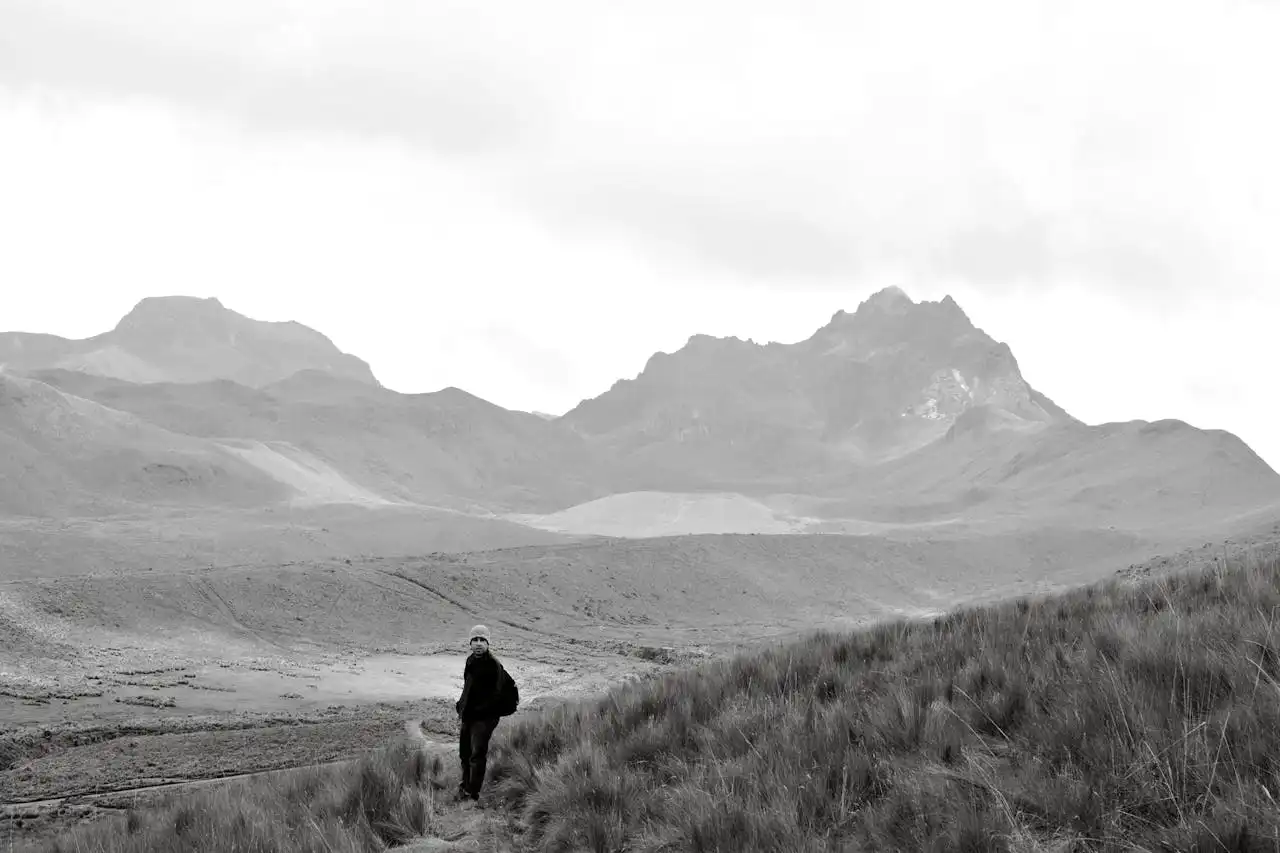

The Heart of the Matter: More Than Just Being Alone
Let's clear something up right off the bat: loneliness isn't the same as solitude. Solitude is a choice, a peaceful embrace of one's own company. Loneliness? That’s an involuntary, often painful, state. It’s the feeling of being disconnected, misunderstood, or simply not having the deep, meaningful relationships we crave. It’s the gap between the social connections we *want* and the ones we *have*. And honestly, it’s a global epidemic, silently afflicting millions, regardless of age, background, or social status. From the tech bro in Silicon Valley to the retiree in a quaint countryside village, nobody’s immune.Diving Deep: The Psychological Tapestry of Loneliness
So, what’s going on inside our heads when loneliness sets in? A lot, as it turns out. For starters, there's the concept of the "social mismatch." Our brains are wired for connection; it’s literally a survival mechanism. When our perceived level of connection doesn't meet our innate need, our brains send out a distress signal, much like hunger or thirst. It's a primal warning sign saying, "Hey, human, you need to find your tribe!" Then there’s the baggage we carry from our past, particularly our early attachment styles. If our childhood experiences led us to believe that relationships are unreliable, or that we're somehow unlovable, it can shape how we interact with the world today. We might subconsciously push people away, fearing rejection or abandonment, even when we desperately crave closeness. It’s a cruel irony, isn't it? Our internal narratives also play a huge role. Ever caught yourself thinking, "No one really gets me," or "I'm boring, why would anyone want to hang out with me?" These self-defeating thoughts, often fueled by anxiety or low self-esteem, act like self-fulfilling prophecies. They make us less likely to reach out, less likely to be vulnerable, and more likely to retreat into our own little cocoons. It’s like we’re building our own prison walls, brick by brick, without even realizing it. And speaking of vulnerability, that's a big one. We live in a world that often rewards strength and stoicism. Admitting we're lonely, or that we need someone, can feel like admitting weakness. So, we put on brave faces, mask our feelings, and keep people at arm’s length. But true connection thrives on authenticity and shared vulnerability. It's a bit of a chicken-and-egg situation: we're lonely because we don't open up, but we don't open up because we're afraid of being rejected and becoming *even lonelier*.The External Forces: Social Roots in a Shifting World
It’s not just what’s going on inside our heads; the world around us is also a major player in this loneliness game. The digital age, for instance, is a classic paradox. We've got more ways to "connect" than ever before – likes, comments, DMs – but often, these interactions are superficial. Scrolling through curated highlight reels can leave us feeling inadequate, comparing our messy reality to someone else’s filtered perfection. It’s FOMO on steroids, and it can make us feel incredibly isolated, even as we’re supposedly "connected" to thousands of people. Our social structures have also shifted dramatically. Remember the good old days (or at least, what we imagine them to be) when people lived in close-knit communities, kids played outside until dark, and neighbors actually knew each other’s names? Well, those days feel like a distant dream for many. The decline of traditional community hubs – churches, local clubs, even just front porch gatherings – means fewer organic opportunities for connection. We’re more mobile, too, often moving for jobs or opportunities, leaving behind established social circles and having to start from scratch. It’s exhausting, and sometimes, it feels easier just to stick to our own routines. Work culture doesn’t help either. Long hours, remote work, the blurring lines between professional and personal life – it all chips away at our free time and energy for building meaningful relationships. Who has the bandwidth for a deep conversation after a 10-hour workday and an hour-long commute, when all you want to do is crash on the couch? And let's not forget the stigma. Loneliness is often seen as a personal failing, something to be ashamed of. So, we suffer in silence, afraid to admit we’re struggling. This silence perpetuates the problem, making it harder for people to seek help or simply share their feelings with others. It's like we're all playing a giant game of "who can pretend to be the most put-together," and nobody's winning.The Ripple Effect: When Loneliness Takes a Toll
Beyond the emotional sting, chronic loneliness is a serious health risk. Research tells us it’s as detrimental as smoking 15 cigarettes a day, increasing our risk for everything from heart disease and stroke to dementia. It impacts our immune system, messes with our sleep, and can exacerbate mental health issues like depression and anxiety. It’s not just a feeling; it’s a public health crisis hiding in plain sight.Finding Our Way Back: A Glimmer of Hope
So, what's the takeaway? Feeling lonely isn't a sign that there's something fundamentally wrong with you. It's a universal human experience, a signal from deep within that something in our connection needs tending to. The good news is, just like hunger tells us to eat, loneliness nudges us towards connection. The path back isn't always easy, but it starts with acknowledging the feeling without judgment. It means being brave enough to reach out, even if it’s just with a text saying, "Hey, thinking of you." It means prioritizing quality over quantity in our interactions, opting for a deep chat over a hundred superficial likes. It means embracing vulnerability, even if it feels terrifying. And sometimes, it means being the one to initiate, to invite, to build those little bridges of connection, one small, intentional step at a time. Ultimately, understanding why we feel lonely is the first crucial step towards building a world where genuine connection isn't just a fleeting wish, but a lived reality for all of us. We're all in this together, folks, and remembering that can make all the difference.
How to Relax Your Mind During the Weekend
6 months ago

ChatGPT's Compassionate Turn: How AI Is Learning to Handle Mental Health Crises Better
6 months ago

Coffee vs. Tea: The Morning Brew Showdown That's More Than Just a Cuppa
6 months ago
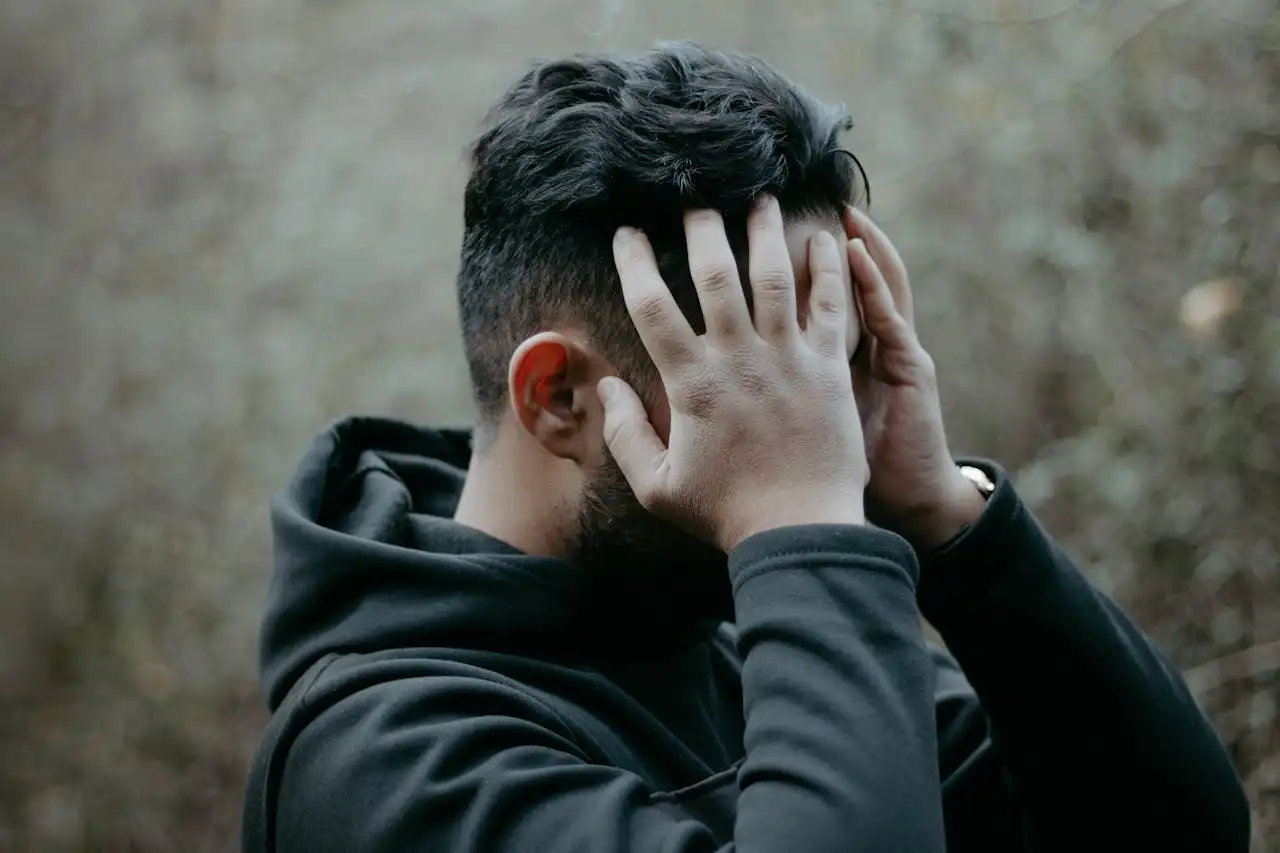
Cracking the Code: Your Guide to Taming Those Beastly Migraines
6 months ago
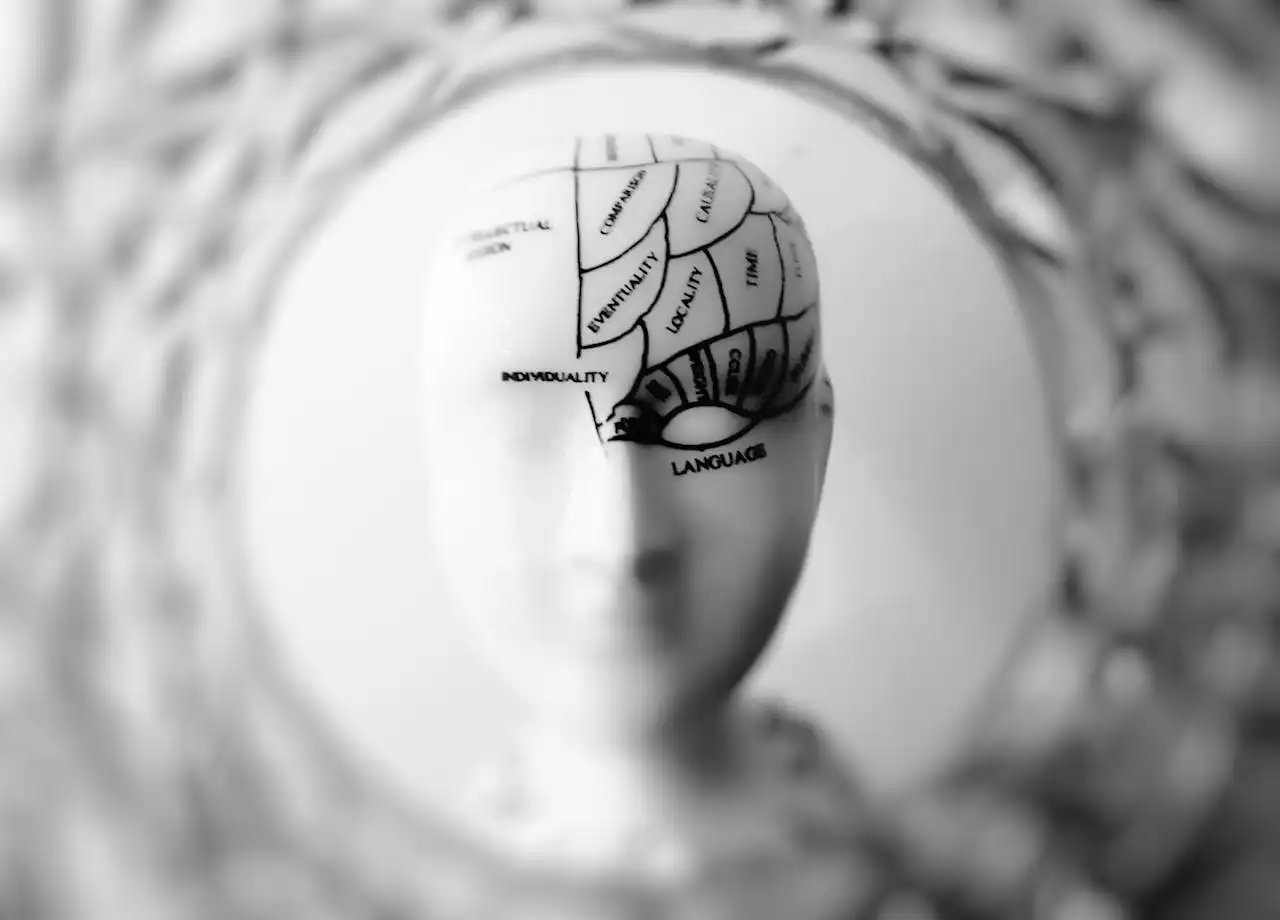
Fuel Your Supercomputer: Five Foods That Will Level Up Your Brainpower
6 months ago
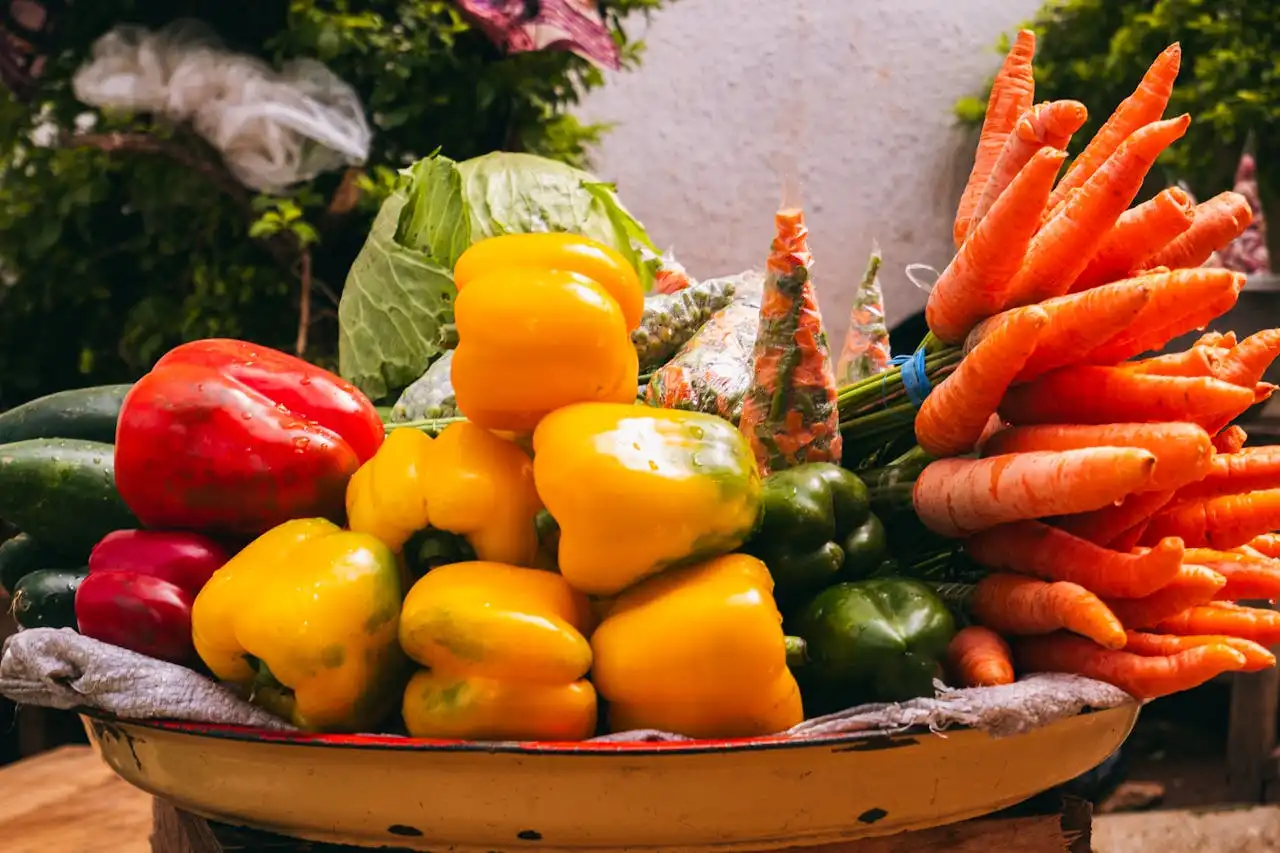
Unlocking Your Inner Shield: Five Veggies That Are Basically Superheroes for Your Immune System
6 months ago
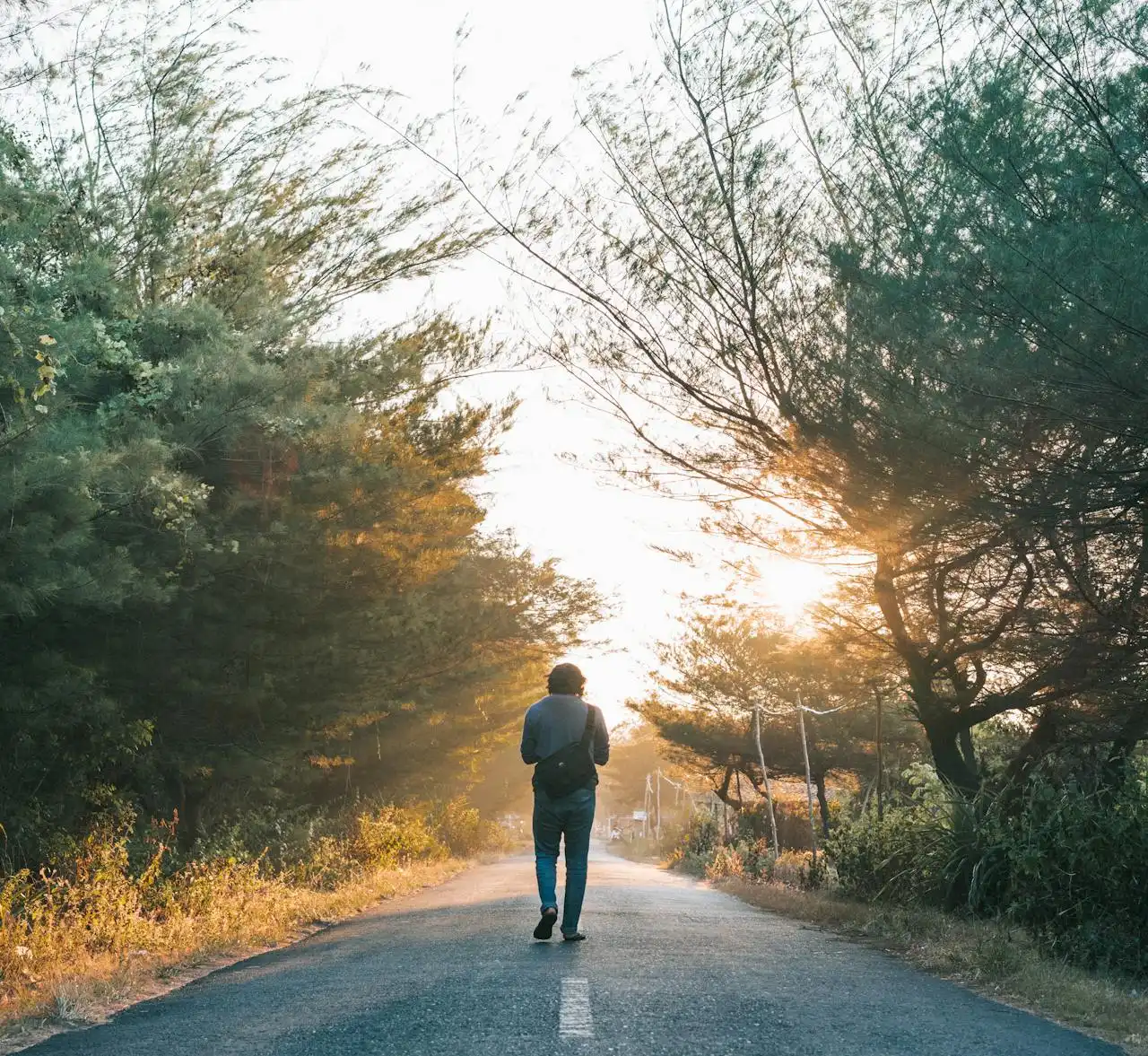
Your Secret Weapon for Weight Loss? It's As Simple As Putting One Foot in Front of the Other
6 months ago
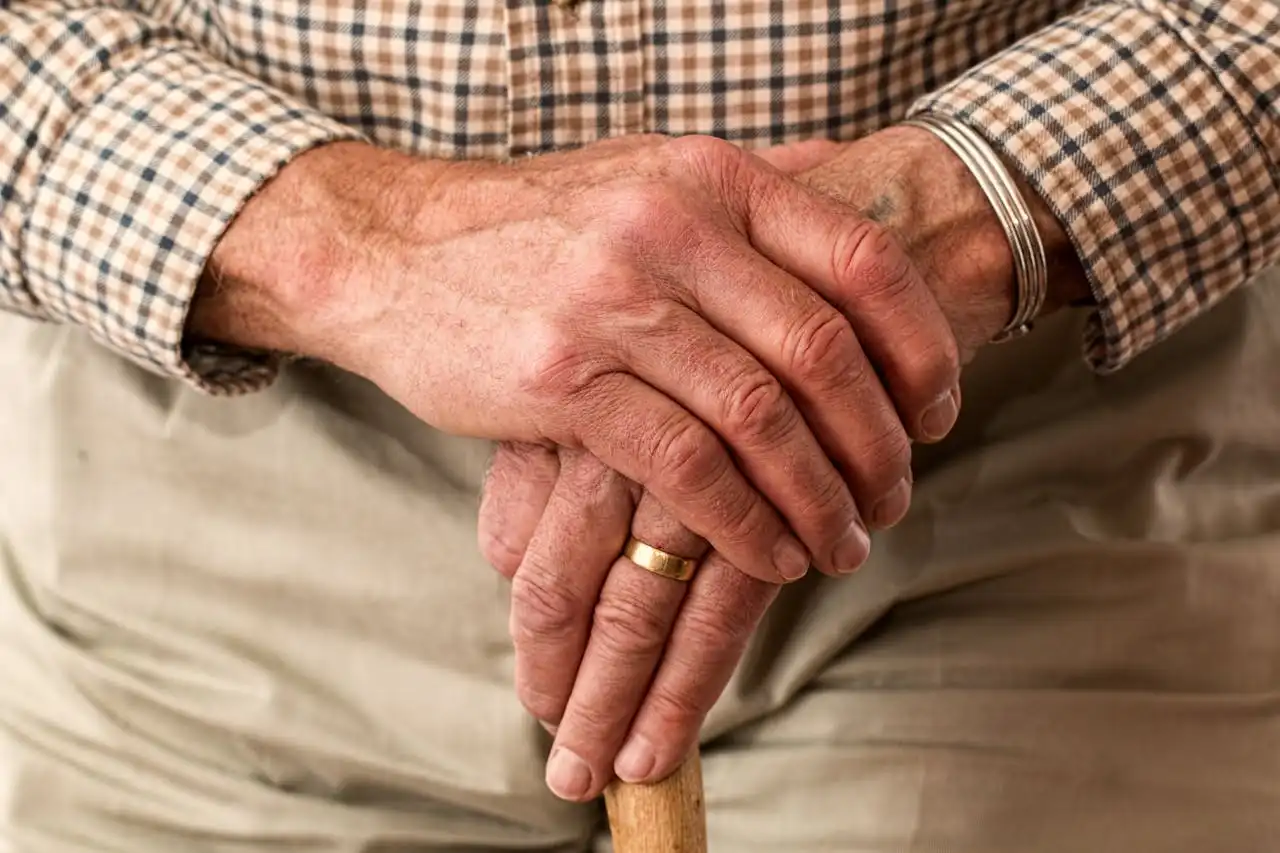
Forever Young: The Secret to a Glowing, Timeless Life
6 months ago

Your Gut Feeling is Right: How to Feed Your Inner Universe for a Happier, Healthier You
6 months ago

Navigating Your Daily Grind: When Does Your Coffee Habit Cross the Line?
6 months ago
